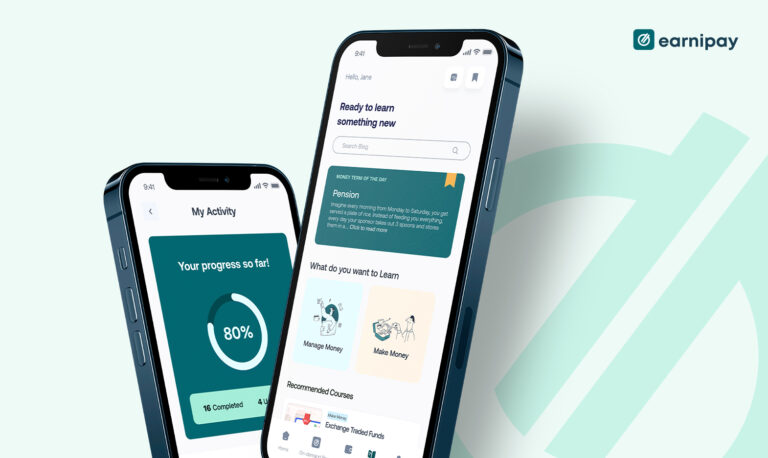The adoption of Artificial Intelligence (AI) in HR has evolved over the past two decades. In the early 2000s, basic automation began with applicant tracking systems (ATS) and simple data analytics. By the mid to late 2000s, AI technologies like natural language processing (NLP) and machine learning gained momentum.
In the 2020s, AI became more sophisticated, integrating with augmented reality (AR) and virtual reality (VR) for immersive training. Emphasis grew on predictive analytics for strategic workforce planning and well-being support. Throughout, ethical considerations and regulatory scrutiny shaped responsible AI adoption in HR.
According to UNext, human resources divisions are significantly impacted by AI, and this is evident in the light of typical HR processes that this technology has streamlined. There has been a rapid integration of artificial intelligence in HR practice since, compared to the preceding four years, 27% more businesses have implemented artificial intelligence in HR.
Despite the growing popularity of Artificial intelligence in HR practices, many human resources managers are yet to understand the true extent of AI in terms of how it impacts their daily practices. Our goal in this article is to examine the impact of AI on HR and how professionals can leverage it to improve their processes.

How AI is Impacting HR Practices
As with every technological innovation, AI is streamlining HR practices in multiple ways. By helping HR teams complete functions faster and more efficiently, HR managers can focus on more strategic tasks while leaving the functional part to AI. Here are some hr functions that AI is revolutionizing;
Recruitment and hiring
Recruitment stands as a pivotal yet time-intensive function for HR professionals. A survey by Ideal revealed that 52% of hiring managers find evaluating candidates from a large pool of applications the most challenging aspect of the hiring process. AI offers a solution by enabling hiring managers to save time previously spent sifting through numerous applications.
One prevalent approach involves leveraging AI-powered Applicant Tracking Systems (ATS) to sift through hundreds of CVs, searching for keywords or phrases aligning with the job description. AI expedites the hiring process by publishing job descriptions on job portals, compiling applicant details, reviewing CVs and resumes, scheduling interviews, and providing feedback to candidates via email post-interview.
Consequently, AI aids hiring managers in streamlining recruitment by shortlisting candidates whose skillsets and experiences best match the roles, thereby allowing hiring teams to allocate time to other crucial aspects of their responsibilities.
Onboarding
HR managers are crucial in ensuring employee satisfaction during the onboarding process by facilitating a smooth transition into new roles. Fortunately, AI has significantly streamlined this task, making onboarding seamless, efficient, organized, and personalized.
Now, AI handles various administrative tasks, including document verification, induction programs, scheduling meetings, and providing access to company resources. This automation allows HR managers to focus on more strategic aspects of onboarding, such as fostering a welcoming environment and addressing individual needs, ultimately enhancing the overall onboarding experience for new employees.
Payroll Processing
Payroll processing is arguably the most important task of HR teams, given its direct impact on employees’ financial wellness and productivity. 72% of employees would experience financial difficulty if their paychecks were delayed by one week, and 58% noted that salary significantly contributes to career fulfilment. With AI automation, hiring teams can streamline payroll processing, reducing the likelihood of delays and errors.

Employee experience
After a successful hiring process and seamless onboarding, maintaining a top-notch employee experience is crucial, especially considering its direct impact on retention. Companies can leverage AI tools to enhance employee engagement, such as:
- Chatbots: Chatbots offer quick and easy access to essential information and support, facilitating a smoother workflow for employees.
- Virtual Assistants: Employees can effectively manage their schedules and workloads while staying organized with the help of virtual assistant tools.
- Performance Management: AI can be utilized for employee rewards and recognition programs, which are vital for driving engagement. Adopting recognition and rewards (R&R) tools encourages employees to appreciate themselves through virtual platforms, further boosting engagement and motivation.
Learning & development
AI has revolutionized learning and talent development by leveraging data to identify employees’ strengths and weaknesses. This insight empowers HR teams to tailor personalized learning and development plans to help individuals maximize their potential. As the demands of roles evolve, companies must proactively address learning needs. AI aids in this by identifying knowledge gaps and recommending relevant educational content. Additionally, automation enables the creation of e-learning platforms offering self-paced learning, assessments, and feedback, ensuring a seamless learning experience for employees.





Leave a Comment